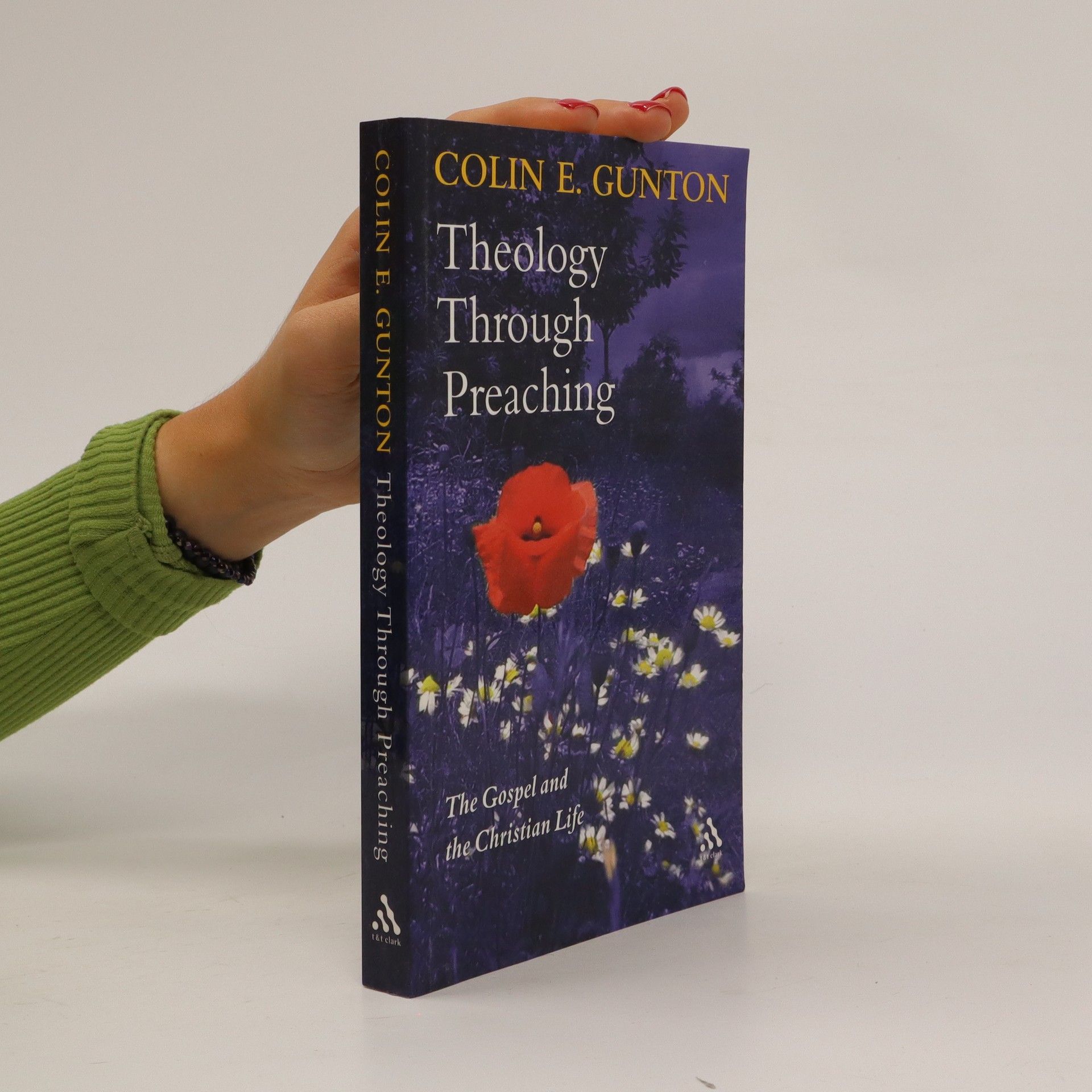Theology Through Preaching
- 224 Seiten
- 8 Lesestunden
This is a carefully chosen collection of some thirty sermons by Colin Gunton with a foreword by Christoph Schwöbel. Together, they provide a broad overview of the Christian faith. An introduction by Professor Christoph Schwöbel includes a sustained reflection on the importance of theological preaching. These sermons and their theological significance, by one of the world's foremost theologians, will be of interest not only to preachers, professional and lay, but also to theologians and students.
